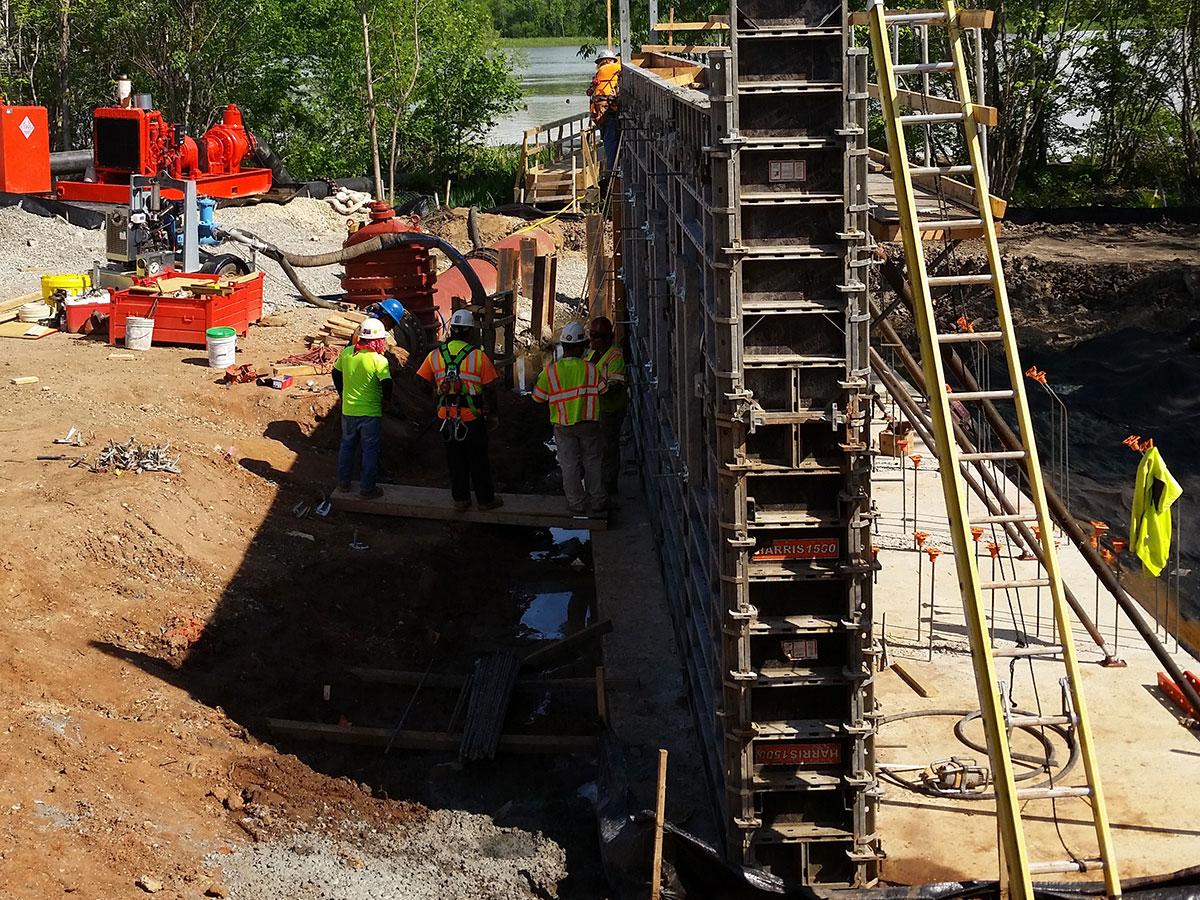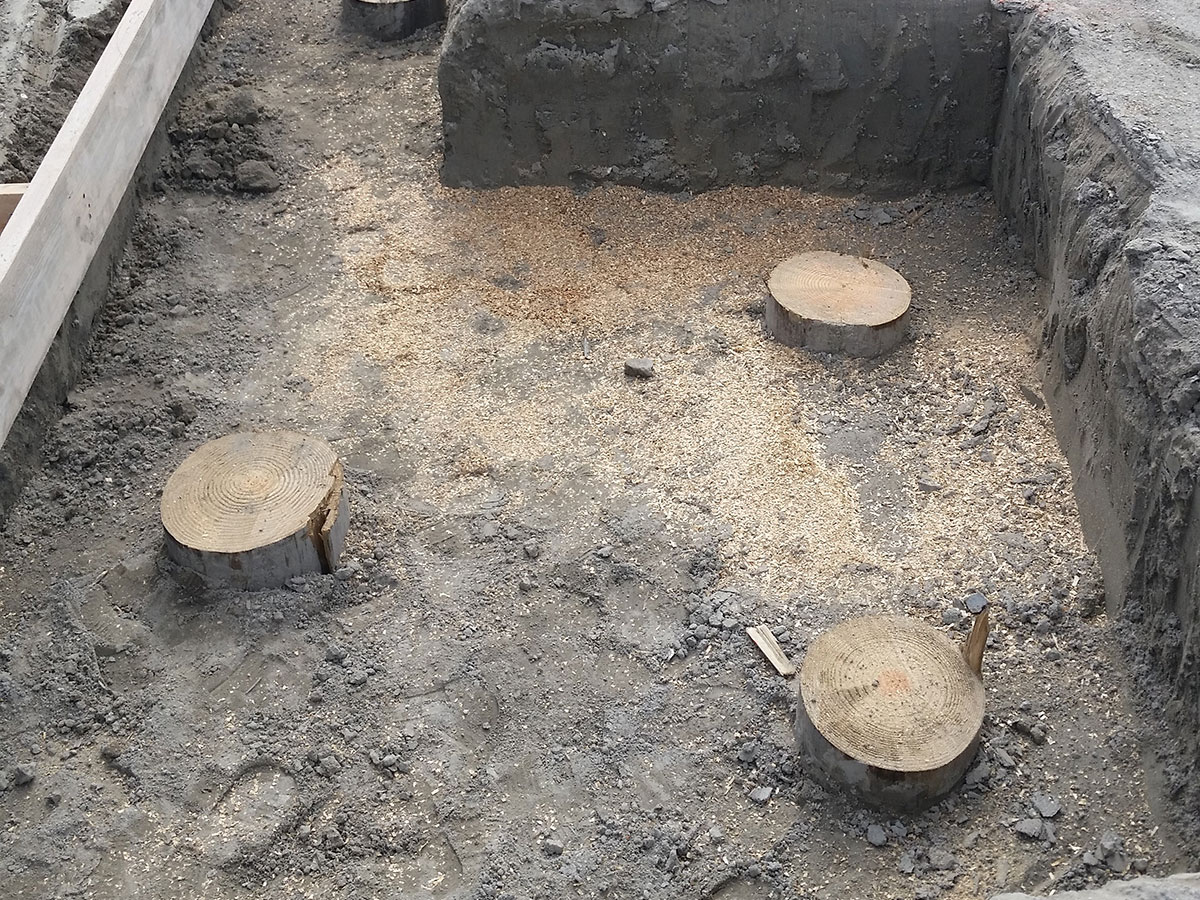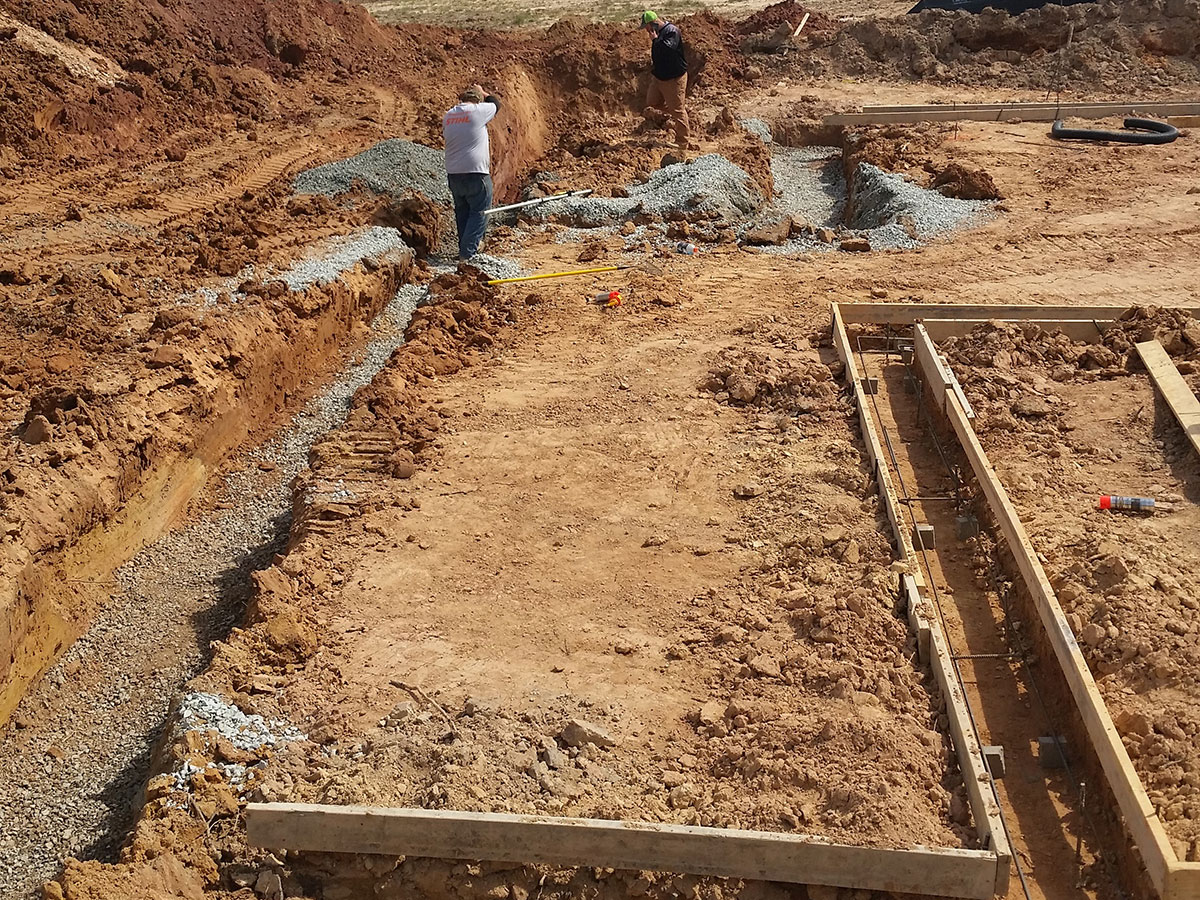
30 Apr 2018 Foundation! Foundation! Foundation!
A hearty foundation is a path to success
No doubt you’ve heard your realtor use the phrase “Location! Location! Location!” But what does a geotechnical engineer have to say? “Foundation! Foundation! Foundation! ” The study and design of foundations is only one component of geotechnical engineering but it may be the most important one. A well-constructed foundation is a core element to support existing components of a building. Foundation failure may cause cracks in the slab, fractures of mortar joints and dry-wall, uneven floors, dislocation of wood frame trusses and joints, etc. While it could be very problematic if one issue occurs at a time, two or more problems occurring at the same time becomes a complete nightmare to fix for a homeowner or a developer. The average estimate to repair a foundation can cost 100% more than a typical primary geotechnical investigation.

Not all Foundations are created equal
The foundation is an important part of the structure which transfers the load to the soil. The foundation spreads the load over a large area by ensuring that the pressure on the soil does not exceed its allowable bearing capacity. This in effect, minimizes the settlement of the structure and keeps it within tolerable limits. A preliminary geotechnical investigation prior to the development of a site is a critical task to ensure the success of any project. Different types of soil conditions will contribute to the bearing capacity of the soil. Using this information allows geotechnical engineers to recommend and design the correct type of foundation that’s best suited for a specific site condition. Shallow foundations are standard within the Mid-Atlantic Region. In special cases, a deep foundation will be necessary, such as timber pile, pre-cast concrete pile, Helical pile, H-steel Pile, and caisson. Each application is selected based on their load capacity, embedment, installation, and cost.
Building a Foundation isn’t just about the soil condition – there’s always something else
The selection of any foundation is dictated by the soil type and soil condition of the site and surrounding area. Soil conditions determine the necessary support and bearing of a structure. Many counties and cities have now established their own foundation requirements and building standards. However this was not always the case. A classic example in the central Virginia area is the Brandermill Subdivision in Chesterfield County. In the 1980s and 1990s, the lack of soil evaluation and footing design modifications led to significant foundation problems. Unfortunately, most of the homeowners in the Brandermill Subdivision suffered from foundation failures and damages. KBJW has assisted multiple homeowners in identifying poor soil conditions to propose appropriate foundation repair recommendations that will assist to avoid further foundation failure. We have also provided engineering repair certificates to help facilitate future sales of the properties. Local codes were later updated to aid in the prevention of these problems in the future.

Success in any construction project is the ability to provide quality work while being cognizant of the project duration, cost and adhere to compliance with building code and engineering practices. It is important to meet the needs of the client while addressing all the requirements of the county or city. Appropriate foundation design will help eliminate potential structural failures. This will impact time estimates and resources. KBJW has a dedicated team of geotechnical engineers who are knowledgeable and able to confront any challenge. If you have questions or need any additional information please feel free to contact Khalid Hsain MS, Quality Assurance Director, at 804-541-1346 or via email.
By Khalid Hsain, MS, Geotechnical Engineer/Laboratory Manager/Quality Assurance Director

